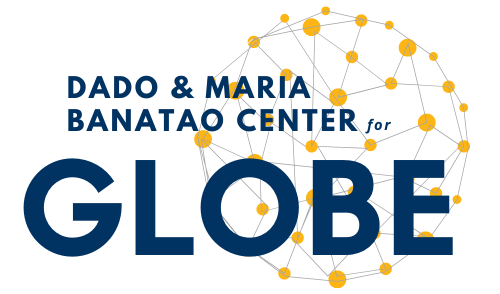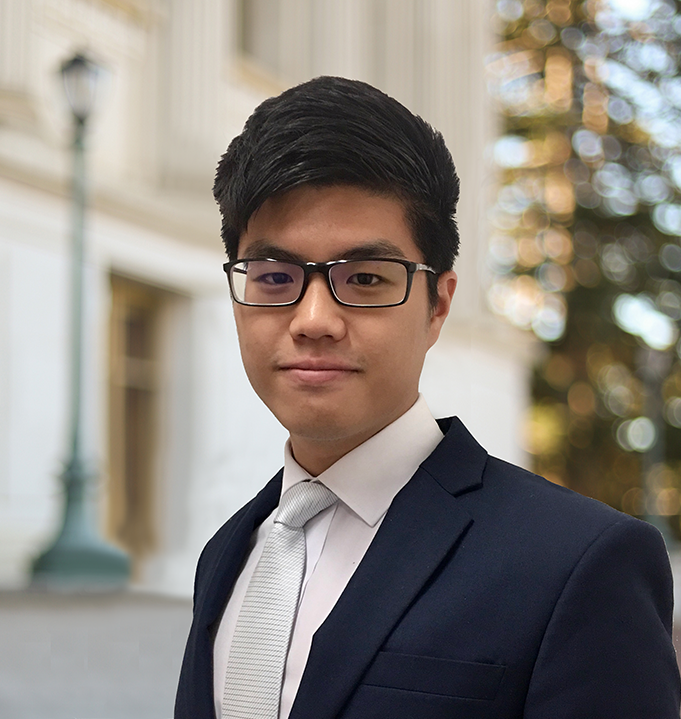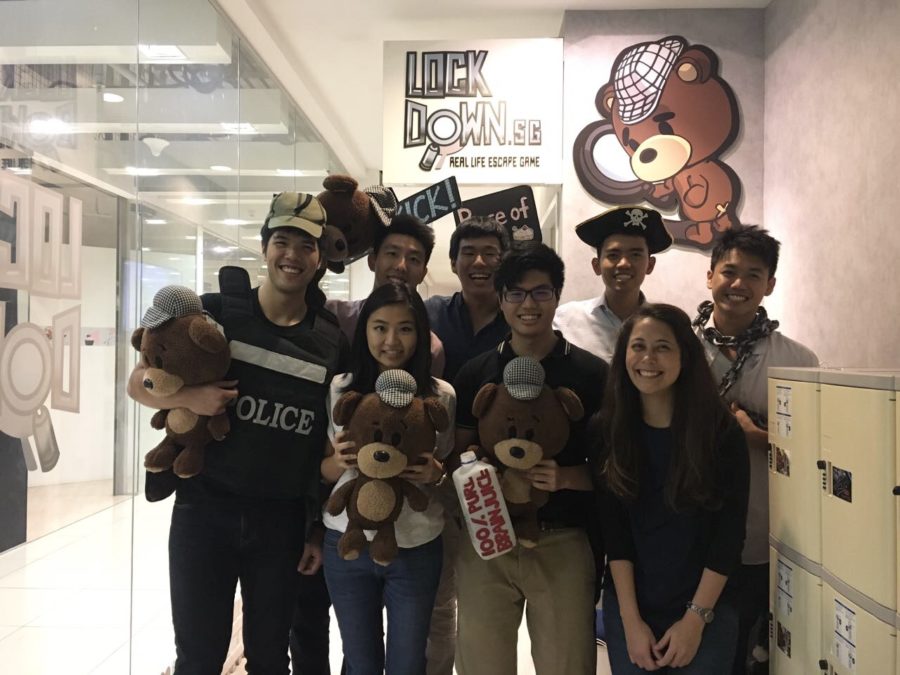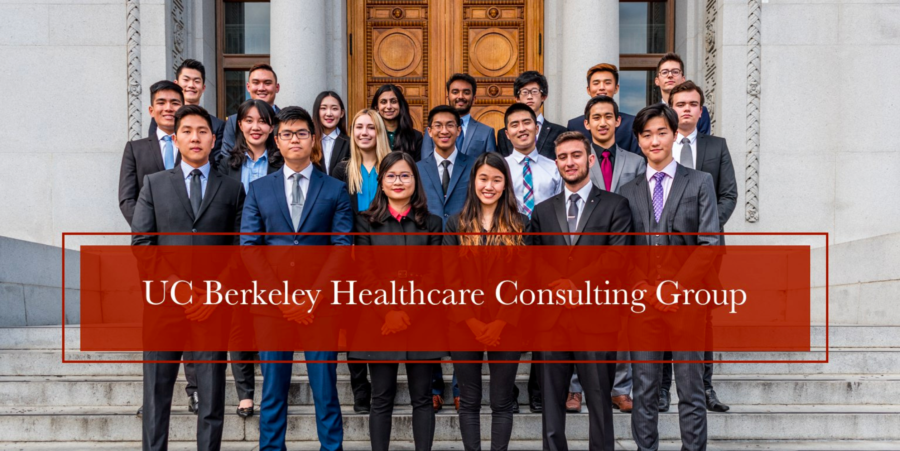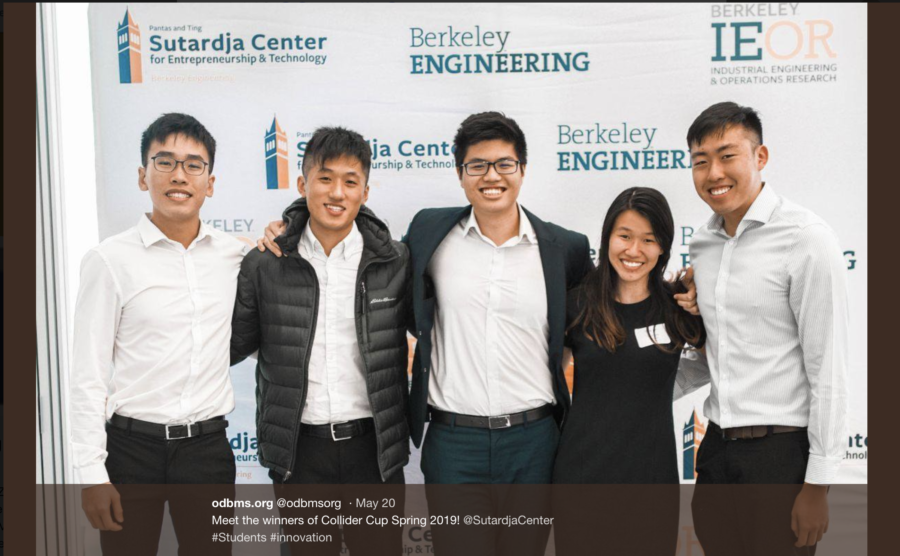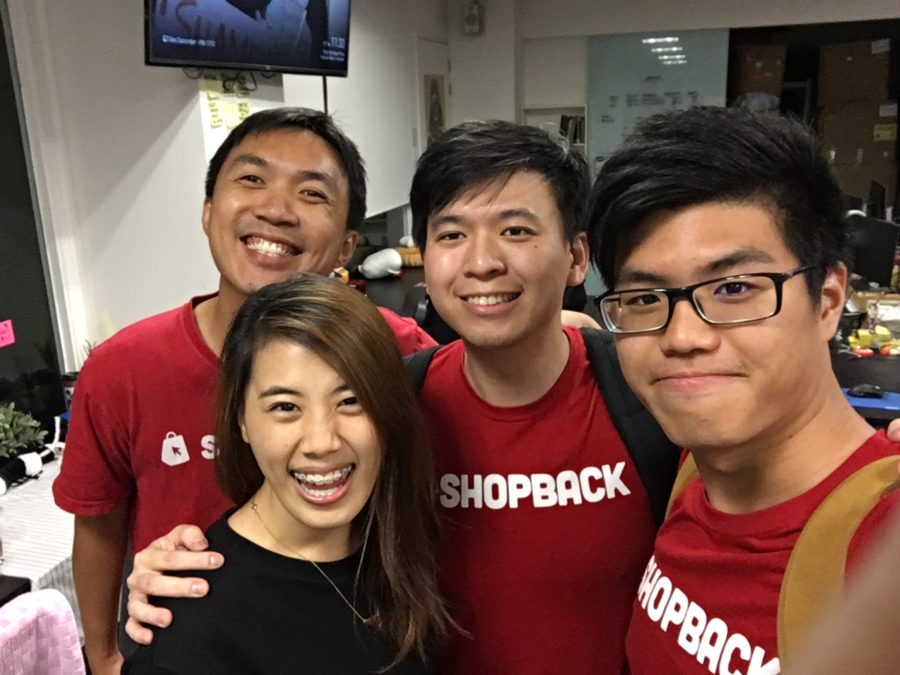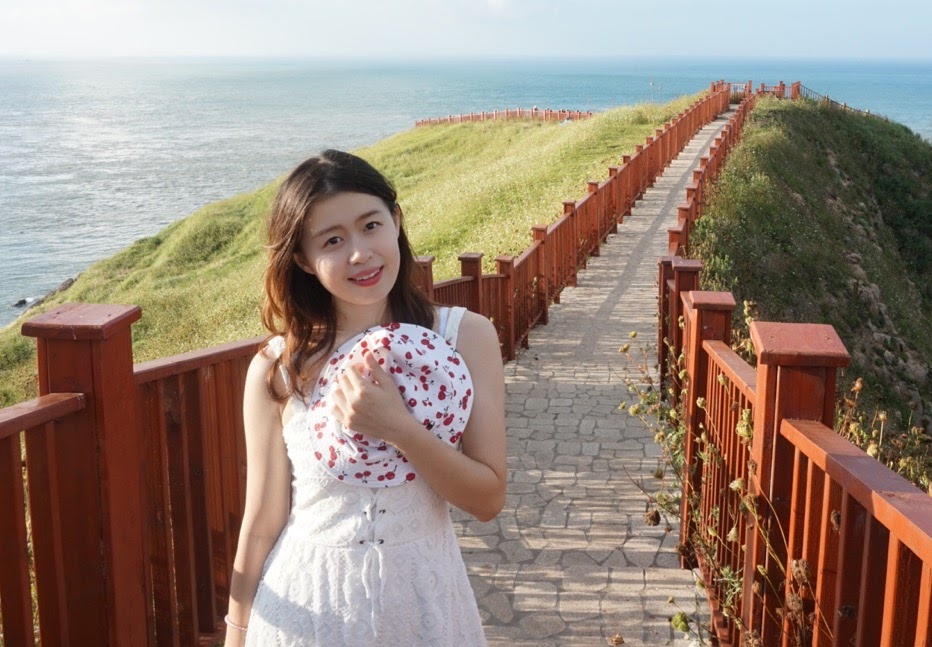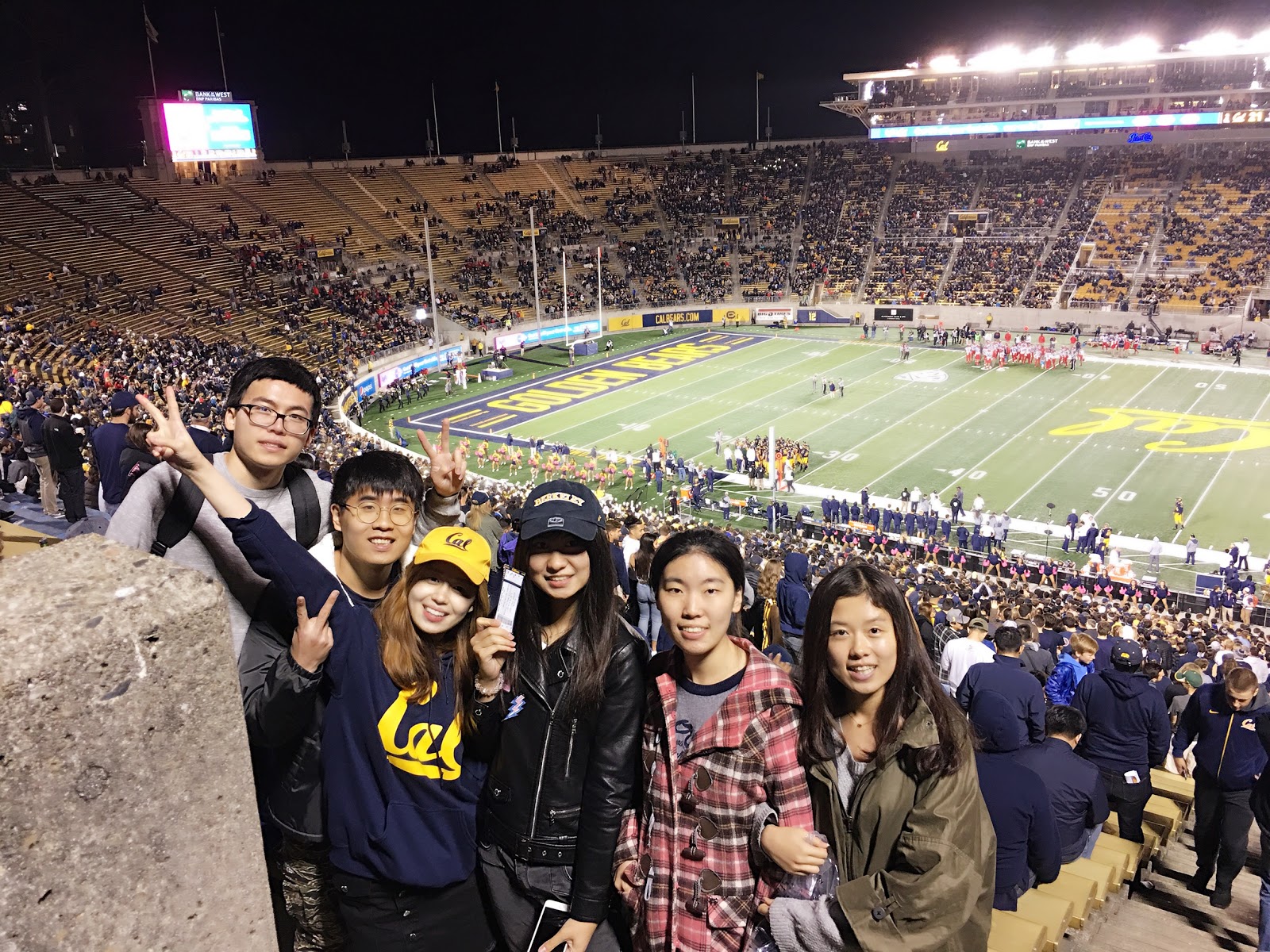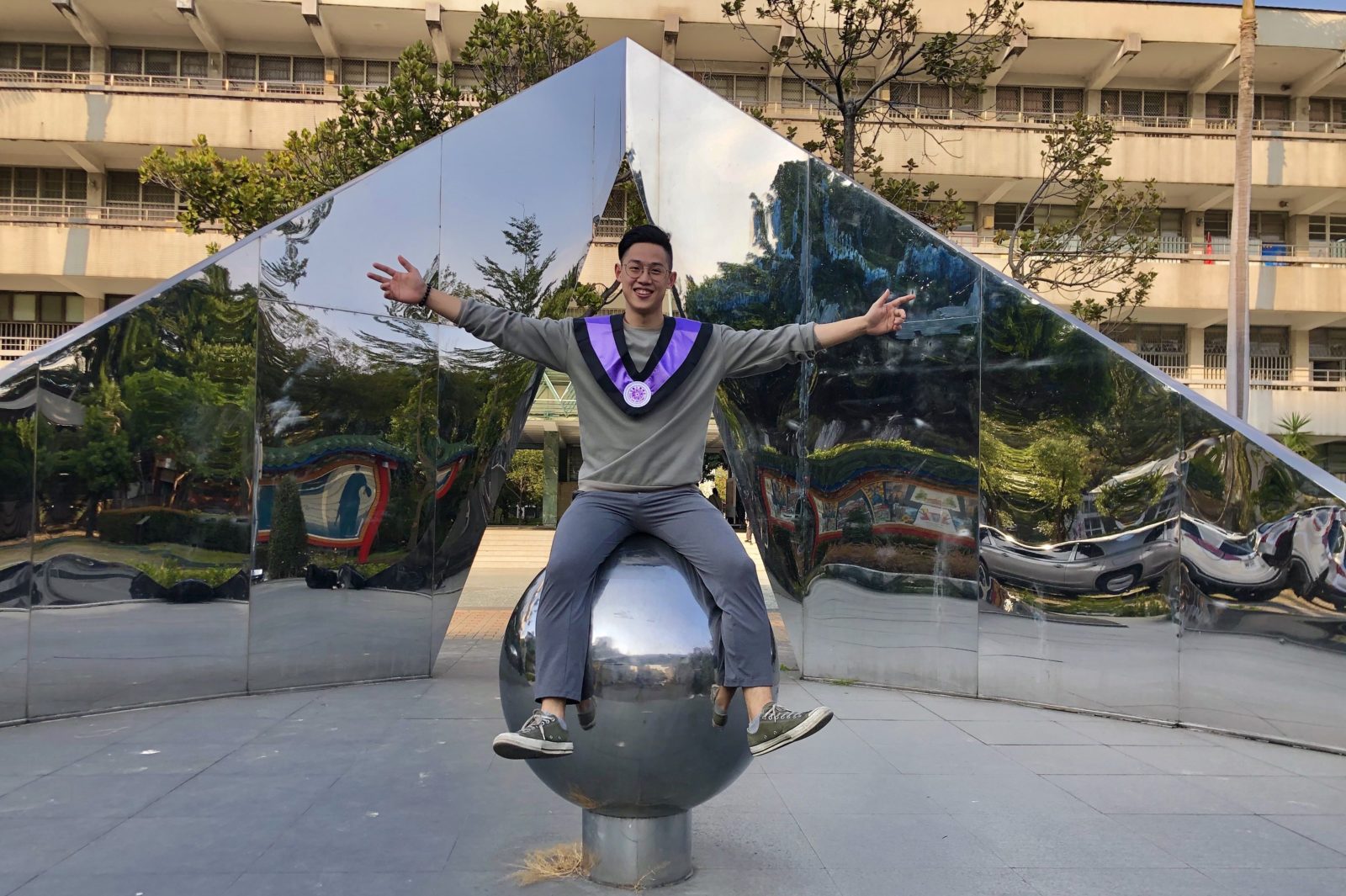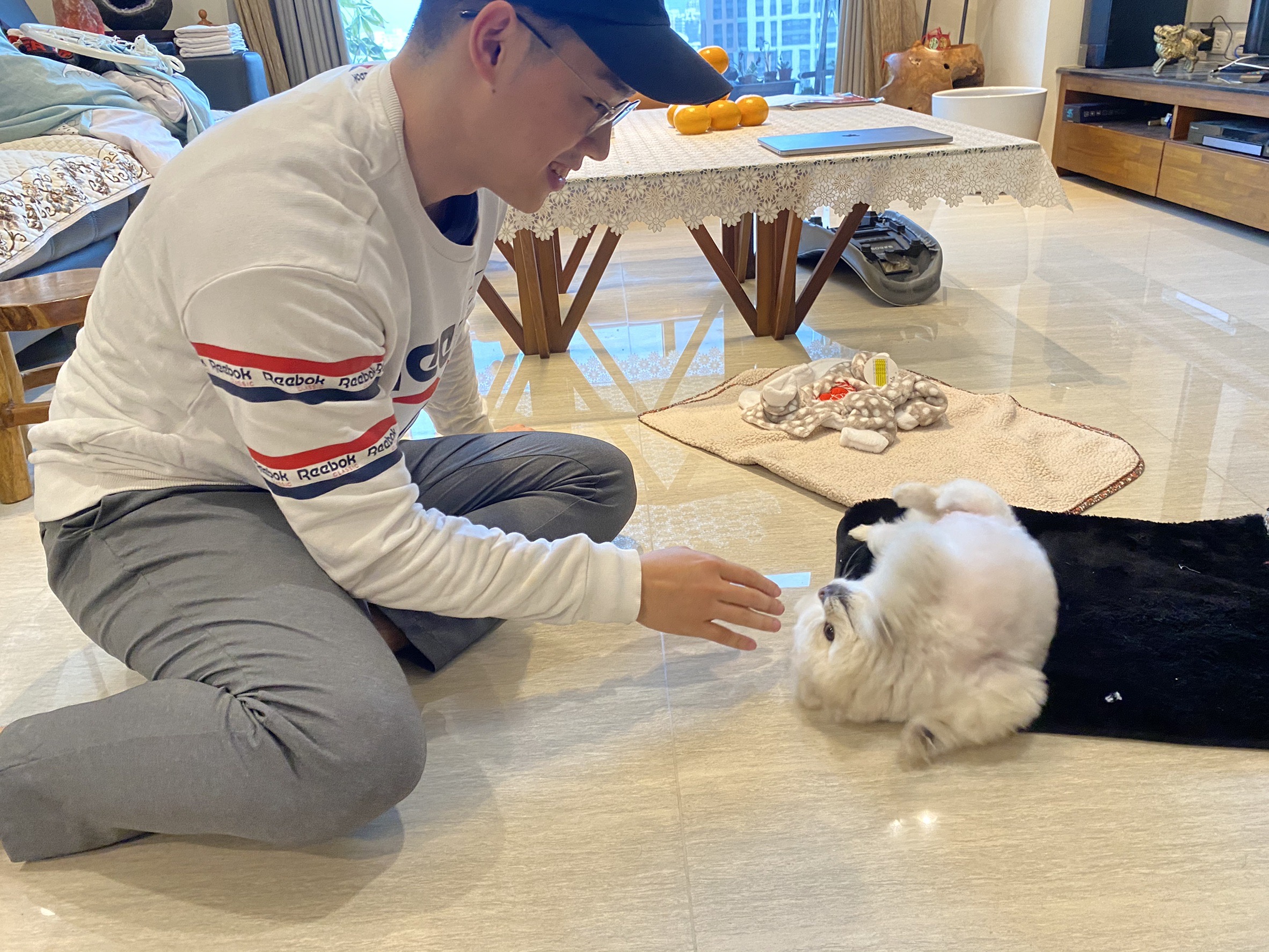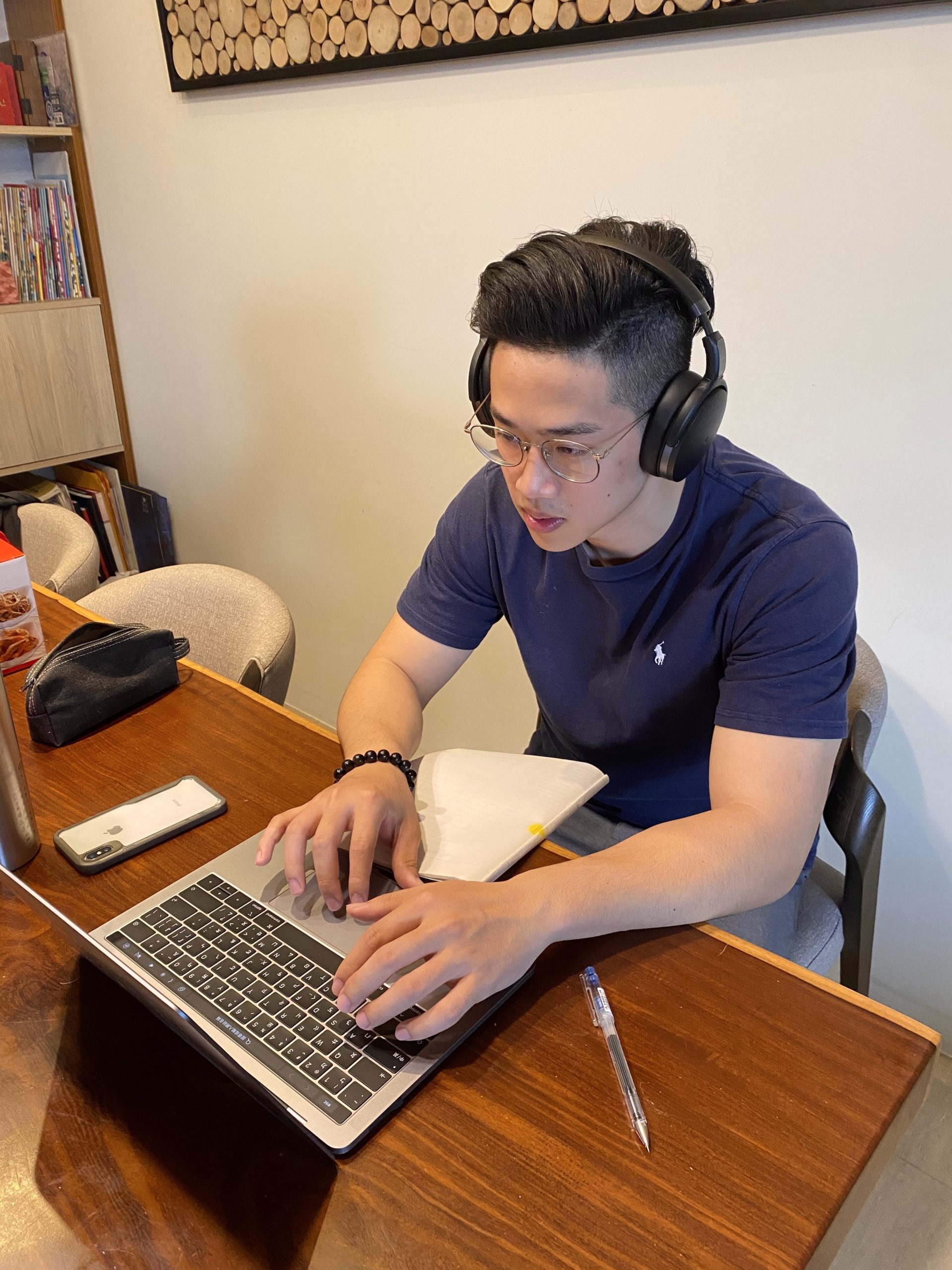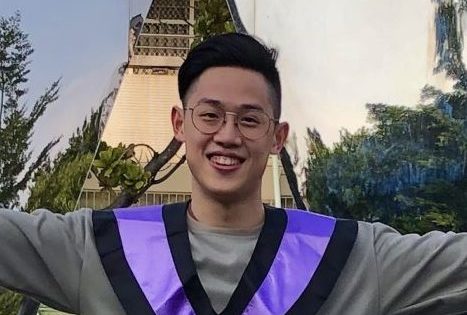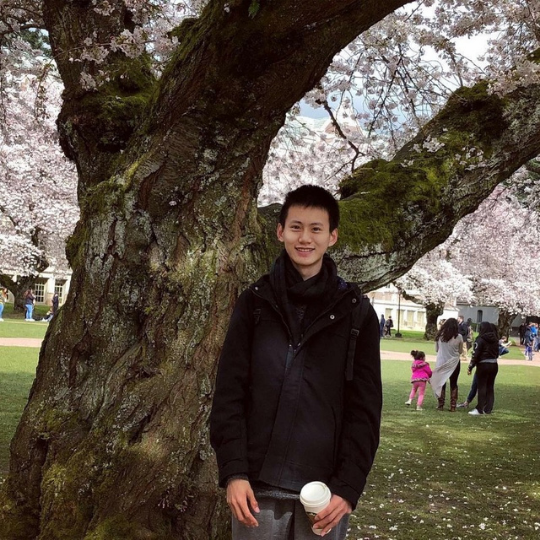It is important to seize every small opportunity… Moreover, it is more important to connect with people and it requires confidence. I believe that building confidence to make and keep relationships is a quality every student should learn.
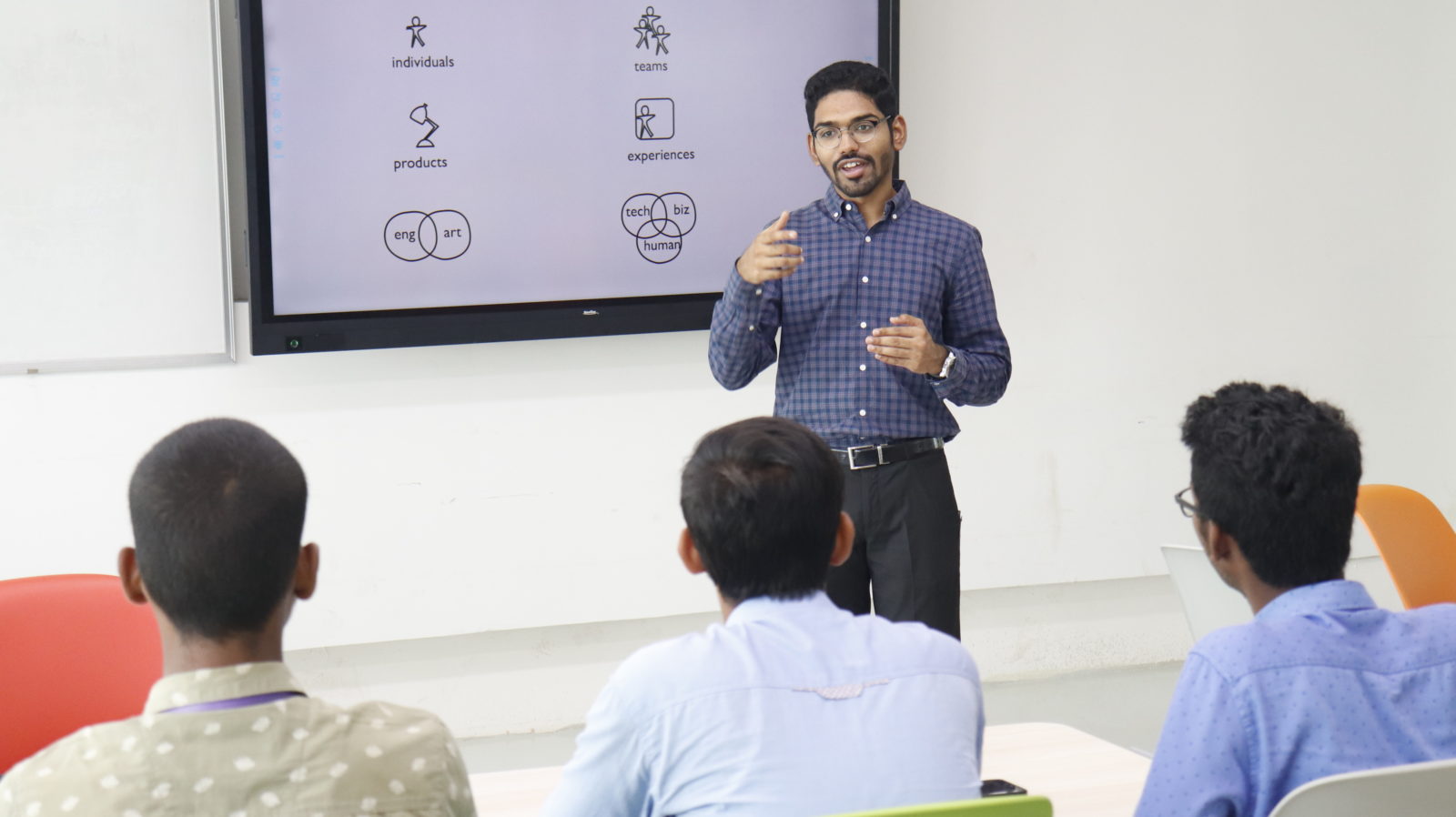
Can You Tell Us a Little Bit About Yourself?
I am a postgraduate student at SP Jain School of Global Management. I am specializing in Global Supply Chain Management and Logistics. Alongside this, I am the Founder and CEO at Inventeurs. I completed my engineering degree from Sri Ramaswamy Memorial Institute of Science and Technology (SRM IST) in the discipline of Mechatronics.
What made you want to apply to the GLOBE program?
I found out about the GLOBE program from the International Relations office at SRM IST. My undergraduate institution and UC Berkeley had signed a memorandum of understanding for the same year.
I was fascinated by the programs that were offered by the Sutardja Center for Entrepreneurship and Technology (SCET) and the Jacobs Institute for Design Innovation at UC Berkeley. I was keen to learn about the fundamentals of design thinking and entrepreneurship. So this seemed to me like the perfect opportunity to be a part of UC Berkeley through the GLOBE Visiting Students Program.
What did you like about your experience in Berkeley?
The Berkeley way of life was quite transforming for me. I was quite delighted to get hands-on experience relating to prototyping products and it is here where I designed my first prototype called “Walkity”. Being a part of an entrepreneurship program also gave me an opportunity to be a part of various pitch events and product launches.
Do you find the classes here to be interesting/engaging? How were the SCET courses?
The classes were quite challenging and promoted active learning. I was enrolled in courses like Product management, Technology entrepreneurship, Tech firm Leadership, Introduction to Silicon Valley, Richard Newton Lecture Series, and Challenge Lab- Disaster Management in Puerto Rico.
Each course was unique and helped me shape my skills regarding product development and day-to-day management.
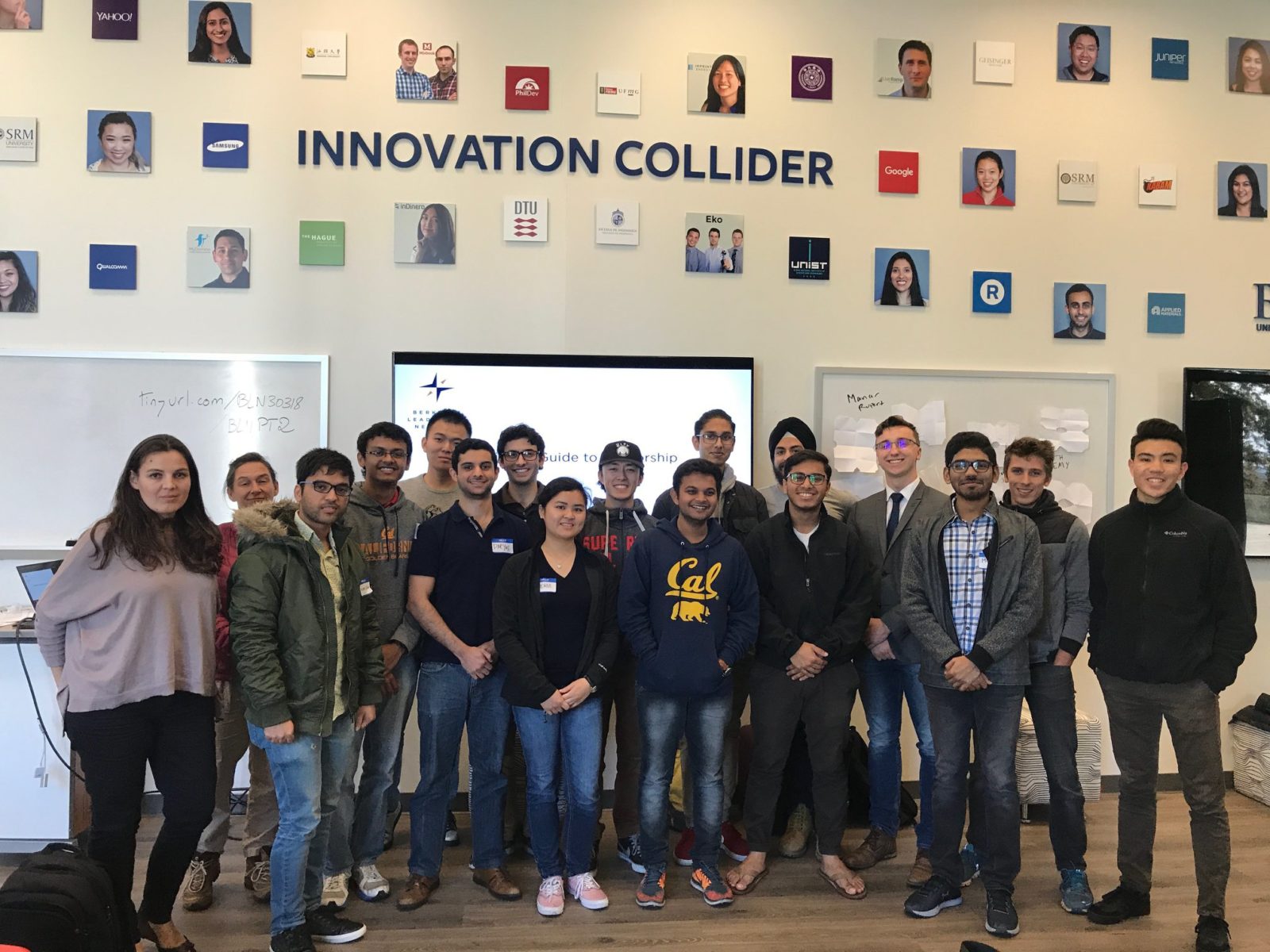
How was Jacob Institute’s bootcamp and what did you learn?
The courses at Jacobs Institute of design and Innovation included Design Bootcamps and Design thinking. Here, I learned how to prototype using a 3D printer, laser cutter, and various other industrial equipment. The Design Thinking Bootcamp was scheduled during the Spring break where we solved real-life problems around Berkeley and tried implementing those across the campus.
How do you like classes at Berkeley? What are some differences and similarities between classes in SRM vs Berkeley?
The classes were quite challenging and informative here at Berkeley. Specifically, the classes were so different from what we have been through in SRM because we had to think from scratch. No resources were handed directly to us, so we had to adapt to finding and gathering relevant resources in a small amount of time. We needed to spend a lot of time in the Moffit library where we spend our days and nights learning new knowledge and meeting new people with whom we do work and assignments.
My lectures at SRM taught me the fundamental concepts of engineering; on the other hand, at Berkeley, I was given an opportunity to implement these in real life. The courses at Berkeley are peer-learning based while SRM courses focus more on self-development through projects and internships.
The Berkeley way of understanding and approaching teaches me more in depth knowledge, whereas SRM I would have to learn from internships. We also do not have minors at SRM, so it is less incentivized for students to focus on classes beyond their majors.
